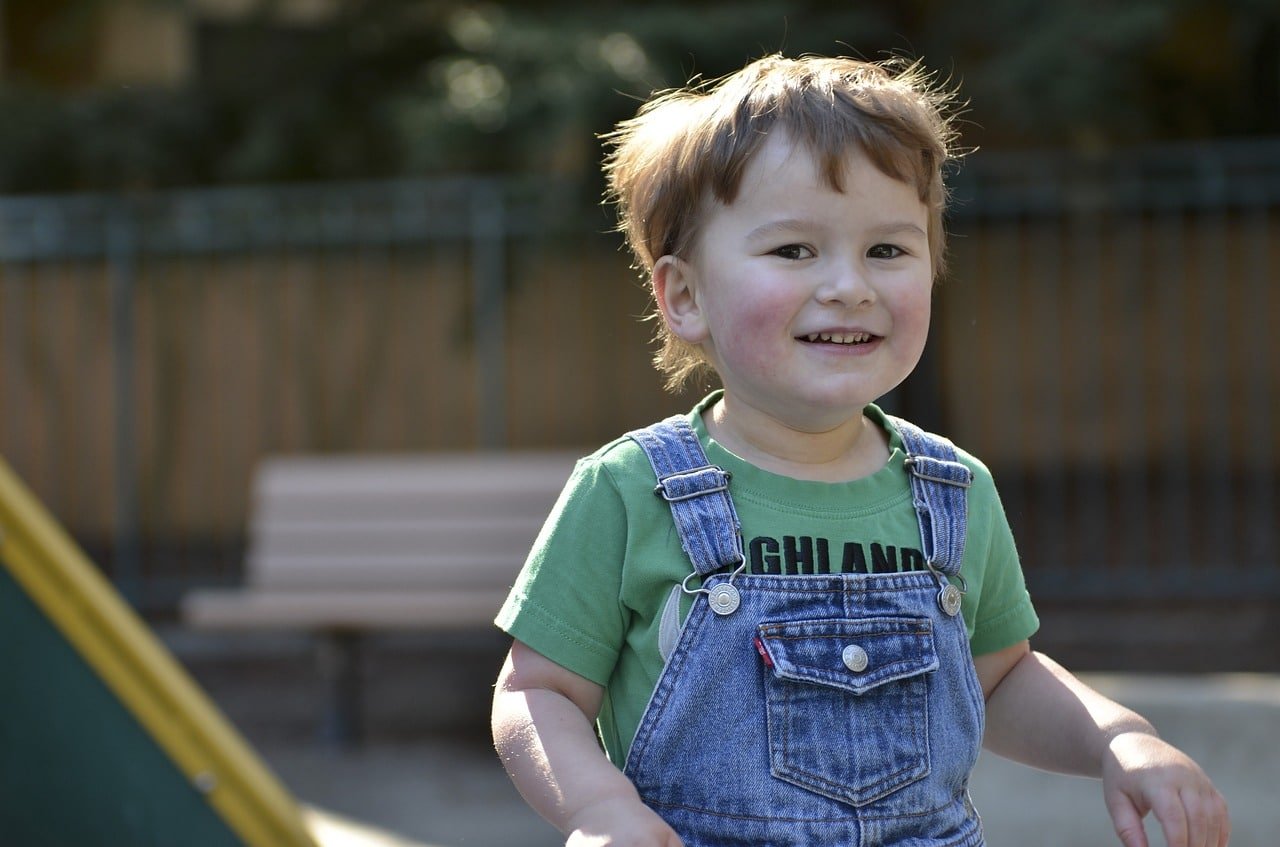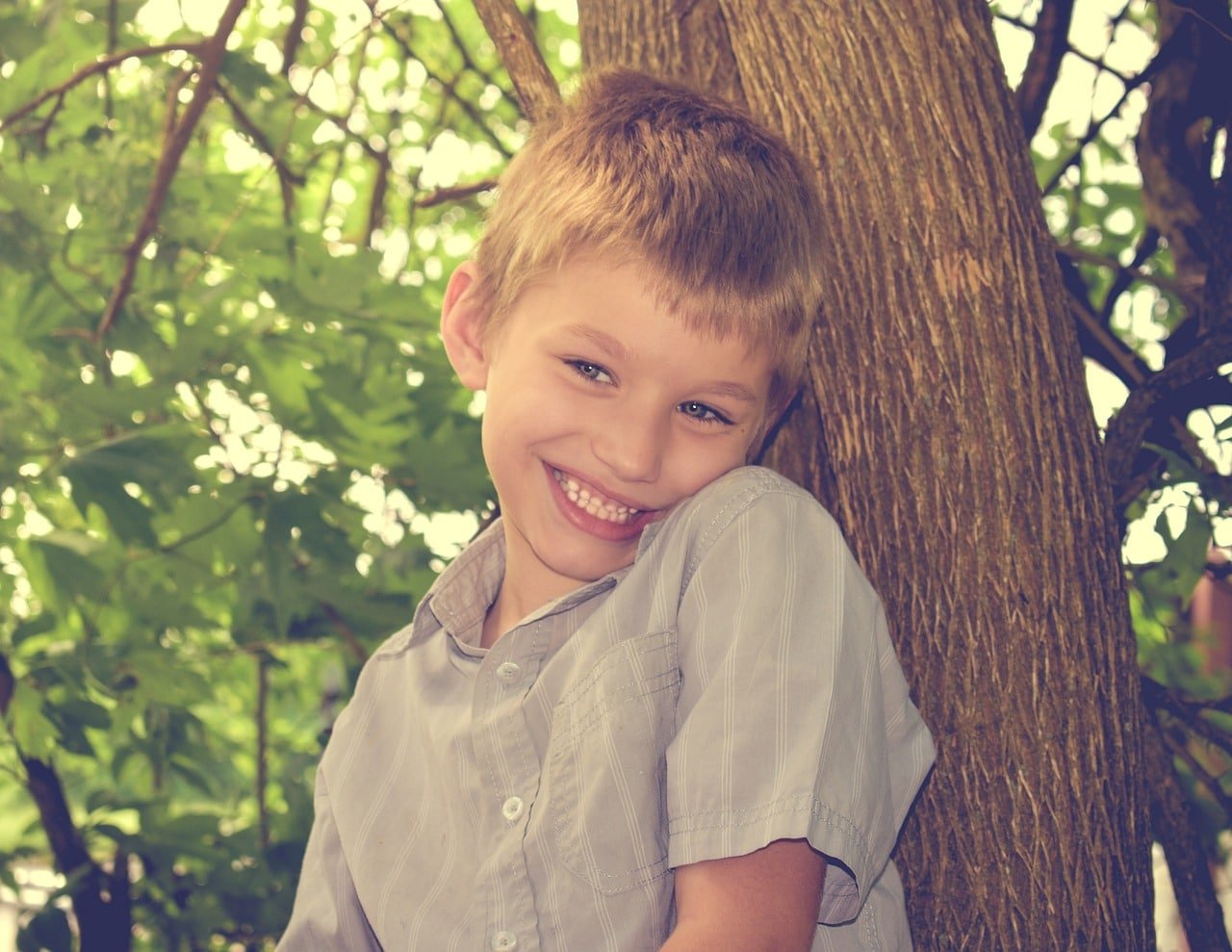Empowering Young People with Autism: Effective Care Approaches

Caring for a young person with autism requires a deep understanding of the unique challenges and strengths associated with this condition. This blog post delves into effective strategies and approaches to empower these young individuals, optimising their development and quality of life.
Understanding Autism in Young People
Autism is a complex neurodevelopmental disorder that affects social interaction, communication, and behavior. Each individual with autism is unique, with their own set of strengths and challenges. Understanding the spectrum nature of autism is crucial in developing effective care strategies.
Personalised Care Approach
When caring for a young person with autism, a personalised care approach is fundamental. This involves:
- Tailored Communication Strategies: Adapting communication methods to suit each child’s preferred style.
- Structured Environments: Creating predictable and structured environments that help reduce anxiety and enhance learning.
- Individualised Learning Plans: Collaborating with educational professionals to develop learning plans that cater to their individual needs and abilities.
Fostering Social Skills and Independence
Developing social skills and independence is crucial for empowering young people with autism. This involves:
- Social Skills Training: Engaging in activities that build social skills, like group therapy sessions or peer interaction programs.
- Life Skills Development: Teaching practical life skills to foster independence, such as personal hygiene, basic cooking, and money management.
The Role of Therapies in Autism Care
Various therapies play a significant role in supporting young people with autism. These include:
- Behavioural Therapies: Such as Applied Behaviour Analysis (ABA), to help in reducing challenging behaviors and building new skills.
- Speech and Language Therapy: To improve communication skills.
- Occupational Therapy: To enhance sensory integration and motor skills.
Supporting Families and Caregivers
The family plays a crucial role in the care and support of a young person with autism. Providing support to families and caregivers includes:
- Educational Workshops and Resources: Offering training and resources to help families understand autism and effective care strategies.
- Respite Care: Providing respite services to give families a break and support the wellbeing of caregivers.
The Importance of Community Involvement
Community involvement can significantly enhance the quality of life for young people with autism. This involves:
- Inclusive Education: Ensuring educational settings are inclusive and supportive of their needs.
- Community Activities: Encouraging participation in community activities that are suited to their interests and capabilities.

Embracing Technology in Autism Care
Technology can be a powerful tool in supporting the development and learning of young people with autism. This includes:
- Educational Apps and Tools: Utilising technology for educational purposes, tailored to the learning style of the individual.
- Communication Aids: Using technology to assist with communication for non-verbal or minimally verbal individuals.
These strategies underscore the multifaceted approach necessary in providing care and support to young people with autism. By understanding their unique needs and harnessing various resources and strategies, we can empower them to reach their full potential.
Expanding further on empowering young people with autism, it’s important to explore additional dimensions of care that contribute to their overall development and well-being. This section will delve into aspects such as sensory processing, community integration, and the importance of continuous learning and adaptation in care strategies.
Sensory Processing and Integration
Children and young people with autism often experience sensory processing differences. These differences can affect how they perceive and interact with the world around them. Sensory processing issues might manifest as hypersensitivity to certain textures, sounds, or lights, or as a need for sensory stimulation. Understanding and accommodating these sensory needs is crucial:
- Creating a Sensory-Friendly Environment: Adapting the living and learning environments to minimise sensory overload is essential. This may include using soft lighting, reducing background noise, and providing sensory toys or tools.
- Sensory Integration Therapy: Working with occupational therapists to develop strategies for managing sensory challenges can significantly improve comfort and functioning.
Building a Supportive Community Network
For young people with autism, a supportive community network can have a profound impact on their social and emotional development. Building this network involves:
- Engaging Local Resources: Connecting with local autism groups, therapy centers, and educational resources can provide a wealth of support and information.
- Creating Inclusive Opportunities: Encouraging local organisations, clubs, and schools to create inclusive opportunities for children with autism fosters a sense of belonging and community participation.
The Journey of Continuous Learning and Adaptation
Caring for a young person with autism is a continuous journey of learning and adaptation. As they grow and develop, their needs and abilities will change, and the care approach should evolve accordingly:
- Keeping Abreast of New Research and Strategies: Staying informed about the latest developments in autism care and education ensures that the child benefits from the most effective approaches.
- Adapting to Changing Needs: Regularly assessing and adapting the care plan to align with the child’s developmental stage and changing needs is crucial for their ongoing growth and development.
Incorporating these additional elements into the care and support of young people with autism enhances their ability to navigate the world around them with greater ease and confidence. By focusing on sensory processing, building a supportive community network, and committing to continuous learning and adaptation, caregivers and families can significantly contribute to the holistic development of young individuals with autism.